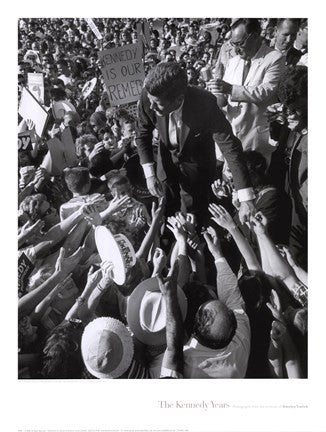JFK Campaign 1960 For Discount: A Historic Presidential Bid
The 1960 presidential campaign of John F. Kennedy, often referred to as JFK Campaign, 1960 For Discount, was a pivotal moment in American political history. This campaign not only marked the beginning of Kennedy’s presidency but also set a new standard for political marketing and voter engagement. In this article, we will explore the strategies, challenges, and lasting impact of the Kennedy campaign, highlighting why JFK Campaign, 1960 For Discount remains a significant topic of study.
The Candidate and His Vision
John F. Kennedy, a young and charismatic senator from Massachusetts, entered the 1960 presidential race with a vision for a new America. His campaign, JFK Campaign, 1960 For Discount, focused on themes of change, youth, and hope. Kennedy’s message resonated with a broad audience, particularly among young voters who were eager for a shift from the established political order.
Campaign Strategies
Kennedy’s campaign team, led by Robert F. Kennedy, employed innovative strategies that would become a model for future campaigns. One of the most notable tactics was the use of television. Kennedy’s appearance in the first televised presidential debate against Richard Nixon is often credited with giving him a significant edge. His calm and collected demeanor, combined with Nixon’s visibly nervous performance, swayed many undecided voters.
For more information on effective political campaign strategies, consider exploring resources like Nexus IPE Blog, which offers insights into historical campaigns, including the JFK Campaign, 1960 For Discount.
The Role of Volunteers and Grassroots Support
The JFK Campaign, 1960 For Discount also relied heavily on grassroots support and volunteer efforts. Kennedy’s campaign mobilized a large network of volunteers, who were instrumental in canvassing, phone banking, and organizing local events. This ground-level support helped to create a sense of momentum and urgency around Kennedy’s candidacy.
Challenges and Controversies
Despite its successes, the JFK Campaign, 1960 For Discount was not without its challenges. Kennedy faced criticism for his youth and lack of experience, which his opponents claimed made him unqualified for the presidency. Additionally, the campaign was marked by controversies, including allegations of vote fraud in Illinois, which some argued contributed to Kennedy’s narrow victory.
Lasting Impact
The JFK Campaign, 1960 For Discount had a lasting impact on American politics. Kennedy’s election marked a generational shift in leadership and set a new standard for political campaigns. His use of media, his focus on youth, and his inspirational message helped to redefine the way politicians connect with voters.
Conclusion
In conclusion, the JFK Campaign, 1960 For Discount was a landmark event in American political history. Its innovative strategies, charismatic candidate, and grassroots support set a new benchmark for future campaigns. As we reflect on Kennedy’s presidency and its enduring legacy, it’s clear that the JFK Campaign, 1960 For Discount played a crucial role in shaping the course of American history. For those interested in learning more about this pivotal campaign, resources like Nexus IPE Blog offer valuable insights and analysis.
By understanding the strategies and impact of the JFK Campaign, 1960 For Discount, we can gain a deeper appreciation for the complexities of political campaigns and the enduring legacy of John F. Kennedy’s presidency.
